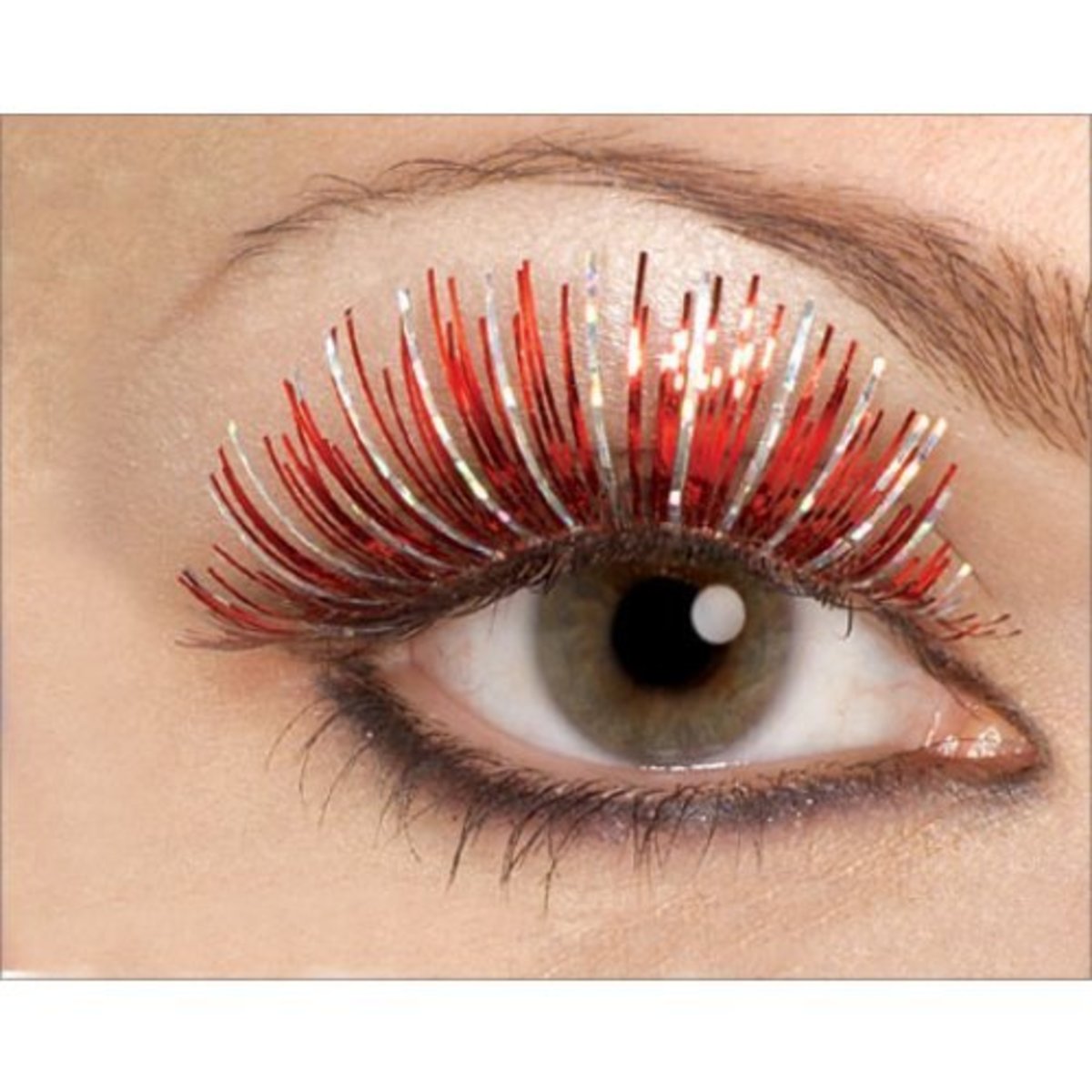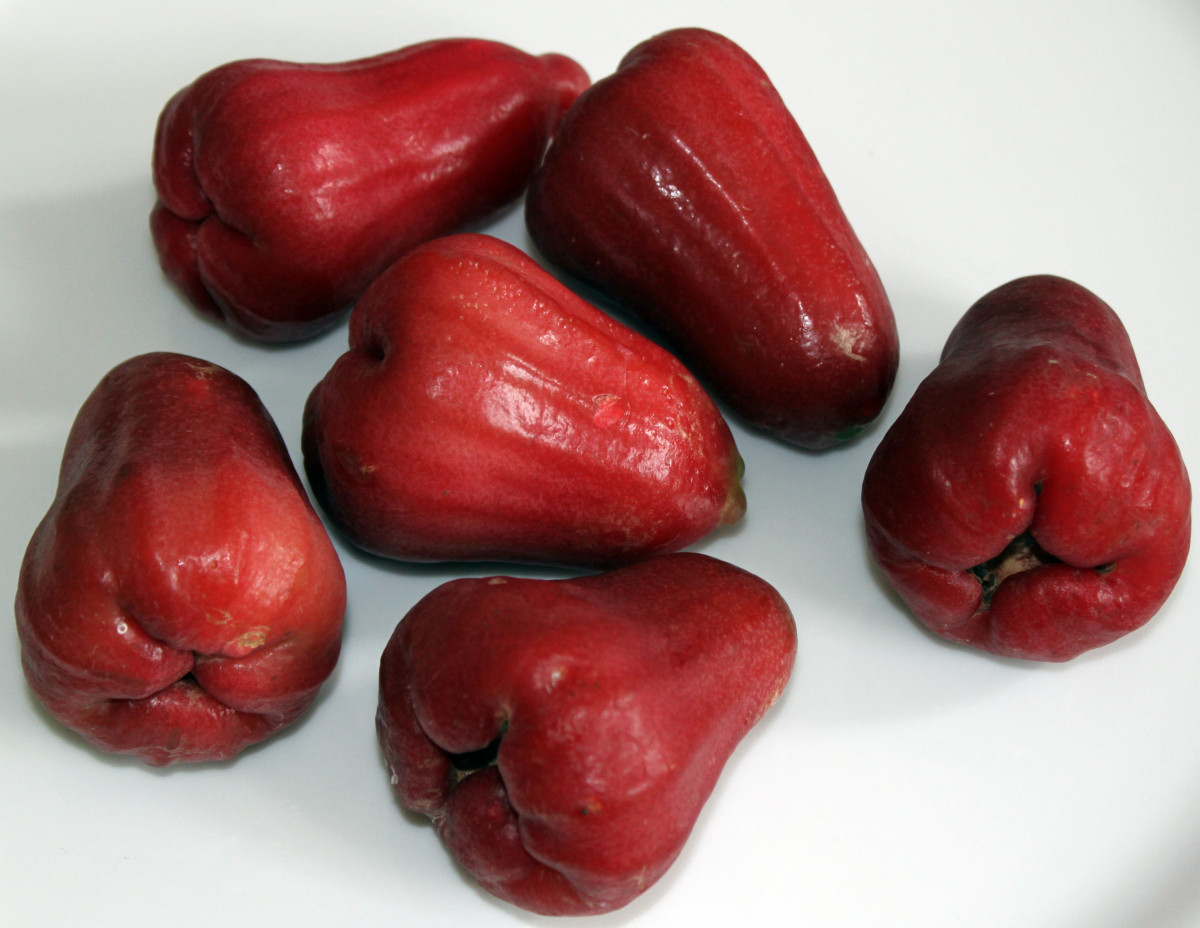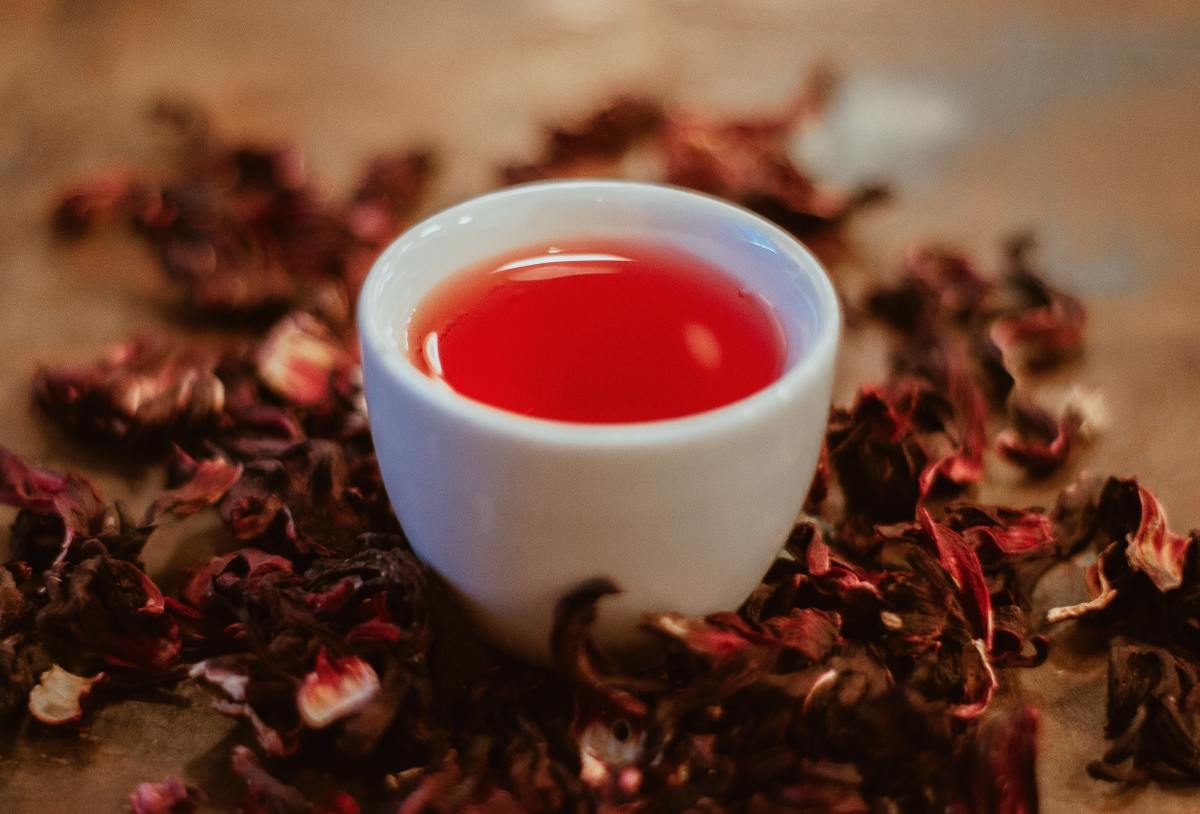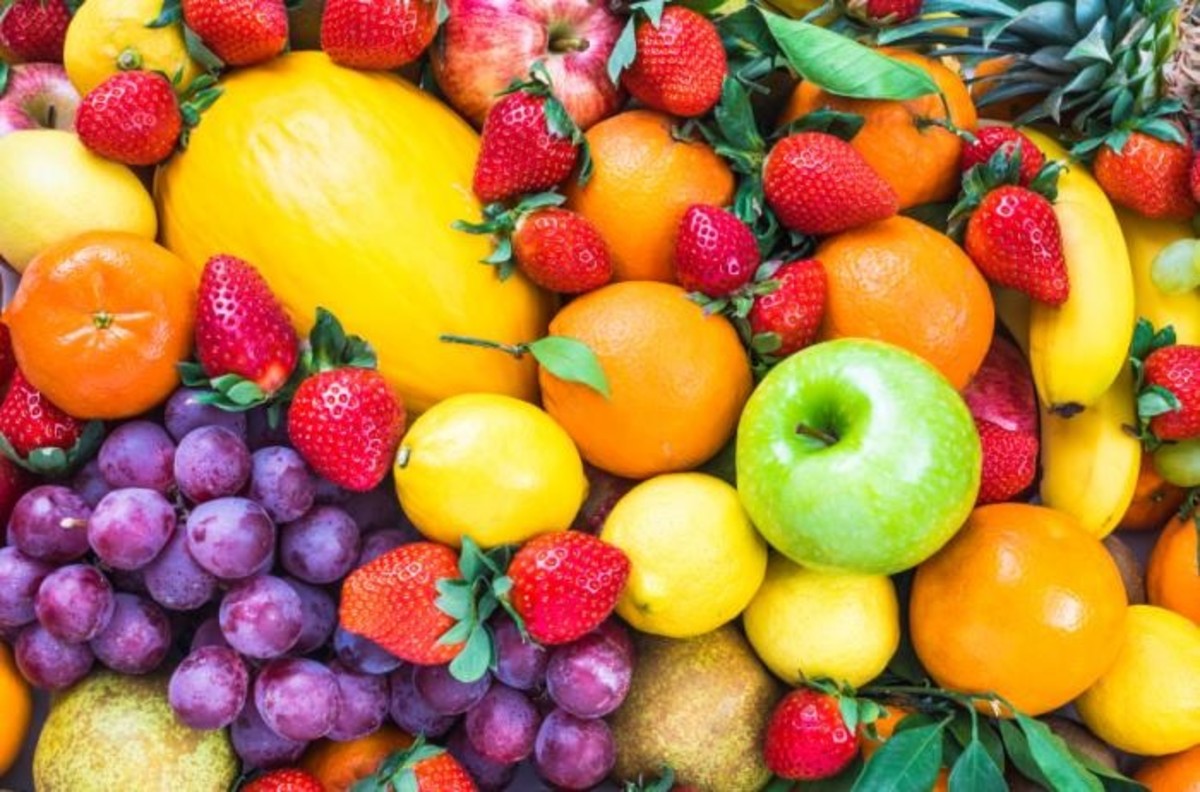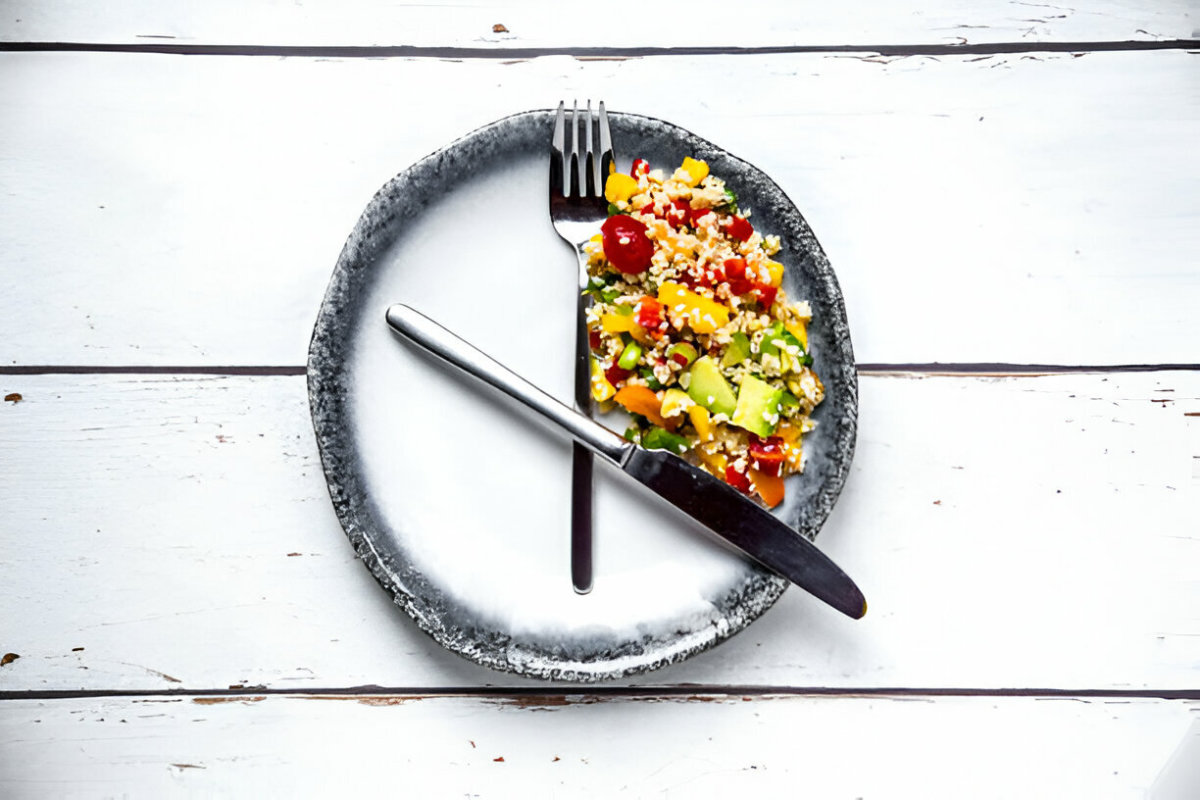Mangosteen Benefits
Mangosteen Benefits
The purple mangosteen fruit has been hailed as a superfood by nutritionists and health enthusiasts the world over. For the science-minded among us, mangosteen is technically known as “Garcinia mangostana”, and the list of mangosteen benefits touted by most nutrition experts (and any that are familiar with the fruit) is truly impressive. Many times people can have reservations about fruits and other naturally-based foods that are lauded by the health-conscious crowd, and they wonder if any of the proclaimed benefits can stand up to FDA testing and so forth, but there’s a certain common-sense element that can’t be ignored about a food so beneficial occurring simply in nature. It has always seemed (in my opinion anyway) that things that occur naturally usually do a better job in taking care of the human body than man-made synthesized drugs and chemicals, that many times break more aspects of our bodies than they fix. Have you ever seen a commercial touting a drug that does this or that, but then when they list the side effects, it almost seems like you’d be better off if you didn’t take the medicine? Some of those commercials might as well say “Taking this medicine can be dangerous to your health”, because that’s what they’re saying in essence when they tell you of all the health risks that the drug can pose. But, I digress.
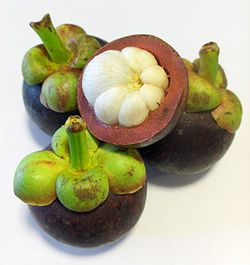
Some Benefits of the Mangosteen Fruit
Back to the mangosteen fruit. It goes by the alias of mangostin, and also the misspelled version known as “mango steen” (with the space in between). It’s an exotic fruit that has origins in Indonesia, and comes from a tropical evergreen tree. One thing that threw me at first is that the mangosteen is not related to the mango, even though they share the same name. The voluptuous-looking curvature of the mangosteen just seems to communicate that there’s quite a power-packed punch of nutrition to be found in this fruit, and based on the extensive research that’s been done on the mangosteen, it doesn’t seem to fall short of that claim. The phytochemicals that comprise the mangosteen suggest a very potent level of antioxidants, which are basically free-radical-fighting agents that help “buffer” the effects of aging and basic exposure to the elements such as pollution, chemicals in food, etc. Free radicals also can be produced through physical stress and exertion such as exercise, and the antioxidant potency found in the mangosteen has been reported to combat these free radicals with significant effectiveness. The plant chemicals known as polyphenols are also found in the rind of the mangosteen, which are often used in commercial products such as mangosteen juice. Also found in the pericarp (the fleshy part of the fruit surrounding the seeds) of the mangosteen are organic substances known as xanthones, that have astringent properties that have been noted for their infection-fighting powers, and have been reported to help stave off certain diseases. The main way that the mangosteen has been reported to be of help in fighting disease is through the preventative method—in other words, many believe that the nutritional properties of the mangosteen strengthen the immune system, thereby helping to stop disease before it starts, so to speak.
Some other reported benefits of the mangosteen fruit are that it is an analgesic, an energy-booster, and an anti-fungal food as well. Other reports claim that it can promote regularity, prevent arthritis, help to fight off dementia, and even kill certain types of cancerous cells. By many accounts, it has made a positive impact on the health and well-being of those who regularly consume the fruit, whether through eating it as-is, or pureeing it and drinking its juice. Even as I’ve been doing the research for this hub, I will have to say that I’m impressed by what I’ve discovered about the various mangosteen benefits that are proclaimed by its enthusiasts...hope you got something out of this hub as well.


